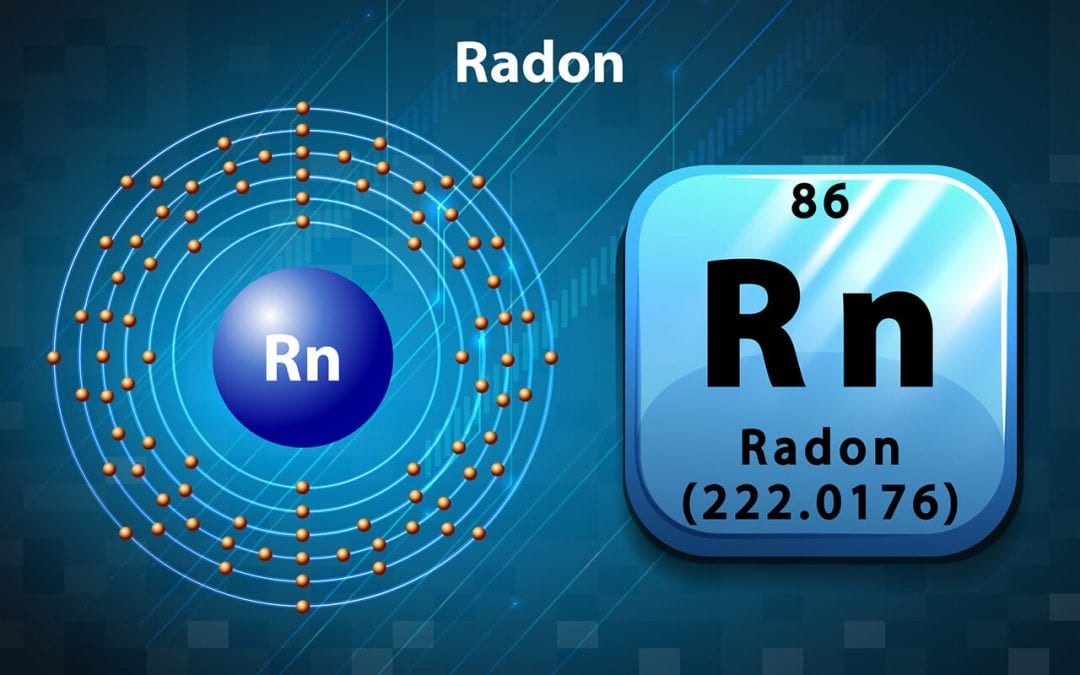What is Radon?
Radon is a gas that is produced as a byproduct of uranium. The breakdown of uranium occurs deep in the soil, but radon can seep up through the earth and enter your home via gaps and cracks in the foundation. The gas is colorless and odorless, and impossible to detect without a test. Over time, the gas can accumulate in the home, usually settling in lower levels. When you and your family are exposed to it, you breathe in particles of this radioactive material.
The Dangers of Radon in the Home
Each year about 21,000 people die from lung cancer related to radon exposure. Exposure combined with smoking is particularly dangerous. However, even non-smokers are at risk. Often the only way a person knows he or she has been exposed to radon is with a diagnosis of lung cancer. Having a home tested for radon gas could save your life or a family member’s life.
Radon in the Home
Geographically, some areas have higher concentrations of radioactive materials than others. Factors that affect the concentration of the gas in a dwelling include the amounts of radioactive materials in the soil as well as the integrity of the home and its foundation. Sometimes a home will have high levels of radon while the house right next door does not.
How is this Gas Harmful?
When you or a family member breathes in radon, the gas continues to break down in your lungs. This process exposes lung tissue to radioactive particles which damage the tissue and can lead to cancer.
Protect Your Family From Radon
Have a trained professional test your home. A professional knows how to perform the test and how to interpret the results. If dangerous levels of the gas are found, it’s important to act quickly and have a mitigation system designed for your property. Because radon seeps up from the ground, sealing cracks and other openings in your home will be part of the mitigation process. A mitigation system consists of fans and pipes that work to exhaust this dangerous gas from your home.
Gardner Home Inspections provides home inspection services, including radon testing, to Northern Alabama. Contact us to book our services.

